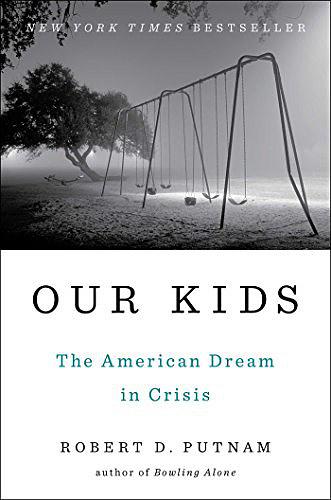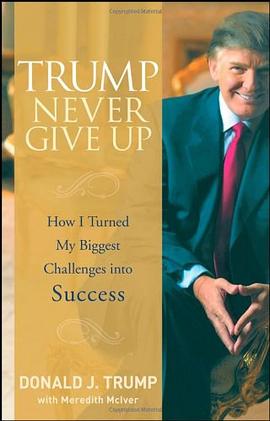Our Kids
内容简介
A groundbreaking examination of the growing inequality gap from the bestselling author of Bowling Alone: why fewer Americans today have the opportunity for upward mobility.
It’s the American dream: get a good education, work hard, buy a house, and achieve prosperity and success. This is the America we believe in—a nation of opportunity, constrained only by ability and effort. But during the last twenty-five years we have seen a disturbing “opportunity gap” emerge. Americans have always believed in equality of opportunity, the idea that all kids, regardless of their family background, should have a decent chance to improve their lot in life. Now, this central tenet of the American dream seems no longer true or at the least, much less true than it was.
Robert Putnam—about whom The Economist said, “his scholarship is wide-ranging, his intelligence luminous, his tone modest, his prose unpretentious and frequently funny”—offers a personal but also authoritative look at this new American crisis. Putnam begins with his high school class of 1959 in Port Clinton, Ohio. By and large the vast majority of those students—“our kids”—went on to lives better than those of their parents. But their children and grandchildren have had harder lives amid diminishing prospects. Putnam tells the tale of lessening opportunity through poignant life stories of rich and poor kids from cities and suburbs across the country, drawing on a formidable body of research done especially for this book.
Our Kids is a rare combination of individual testimony and rigorous evidence. Putnam provides a disturbing account of the American dream that should initiate a deep examination of the future of our country.
......(更多)
作者简介
Robert D. Putnam is the Peter and Isabel Malkin Professor of Public Policy at Harvard University. Nationally honored as a leading humanist and a renowned scientist, he has written fourteen books and has consulted for the last four US Presidents. His research program, the Saguaro Seminar, is dedicated to fostering civic engagement in America.
......(更多)
目录
......(更多)
读书文摘
只是基于这些单纯的相关性,我们尚且无法做出任何关于因果关系的推论,但上述事实也足以教导我们,切勿将工人阶级家庭(白人的抑或有色人种的)的崩溃归因为有组织宗教或任何政治意识形态的衰落。个人价值观的变化诚然重要,但只有在与经济低潮同时出现时,才能成为美国家庭衰落故事的线索,而政治意识形态看起来则只是局外因素。
......(更多)






